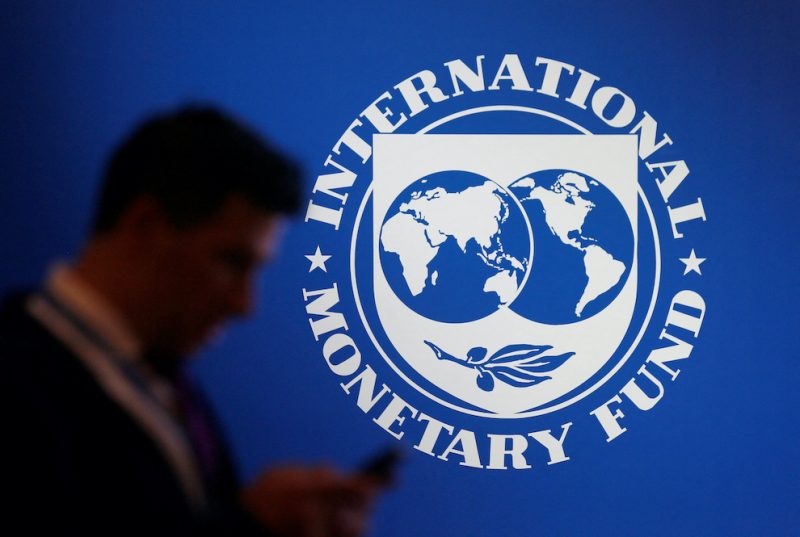Emerging economies must prepare for US interest rate hikes, the International Monetary Fund said, warning that faster than expected Federal Reserve moves could rattle financial markets and trigger capital outflows and currency depreciation abroad.
In a blog published Monday, the IMF said it expected robust US growth to continue, with inflation likely to moderate later in the year. The global lender is due to release fresh global economic forecasts on January 25.
It said a gradual, well-telegraphed tightening of US monetary policy would likely have little impact on emerging markets, with foreign demand offsetting the impact of rising financing costs.
But broad-based US wage inflation or sustained supply bottlenecks could boost prices more than anticipated and fuel expectations for more rapid inflation, triggering faster rate hikes by the US central bank.
“Emerging economies should prepare for potential bouts of economic turbulence,” the IMF said, citing the risks posed by faster-than-expected Fed rate hikes and the resurgent pandemic.
St Louis Fed President James Bullard said the Fed could raise interest rates as soon as March, months earlier than previously expected, and is now in a “good position” to take even more aggressive steps against inflation, as needed.
‘Hikes Could Rattle Markets’
“Faster Fed rate increases could rattle financial markets and tighten financial conditions globally. These developments could come with a slowing of US demand and trade and may lead to capital outflows and currency depreciation in emerging markets,” senior IMF officials wrote in the blog.
It said emerging markets with high public and private debt, foreign exchange exposures, and lower current-account balances had already seen larger movements of their currencies relative to the US dollar.
The fund said emerging markets with stronger inflation pressures or weaker institutions should act swiftly to let currencies depreciate and raise benchmark interest rates.It urged central banks to clearly and consistently communicate their plans to tighten policy, and said countries with high levels of debt denominated in foreign currencies should look to hedge their exposures where feasible.
Governments could also announce plans to boost fiscal resources by gradually increasing tax revenues, implementing pension and subsidy overhauls, or other measures, it added.
• Reuters with additional editing by Jim Pollard
ALSO SEE:
IMF Names Chief Economist Gita Gopinath as No.2 Official
IMF Urges China to Tackle ‘Accumulating Risks’
China Can Address Evergrande Crisis But Risks Remain: IMF
IMF Board Backs Georgieva To Stay At Helm Despite Data Claim
























